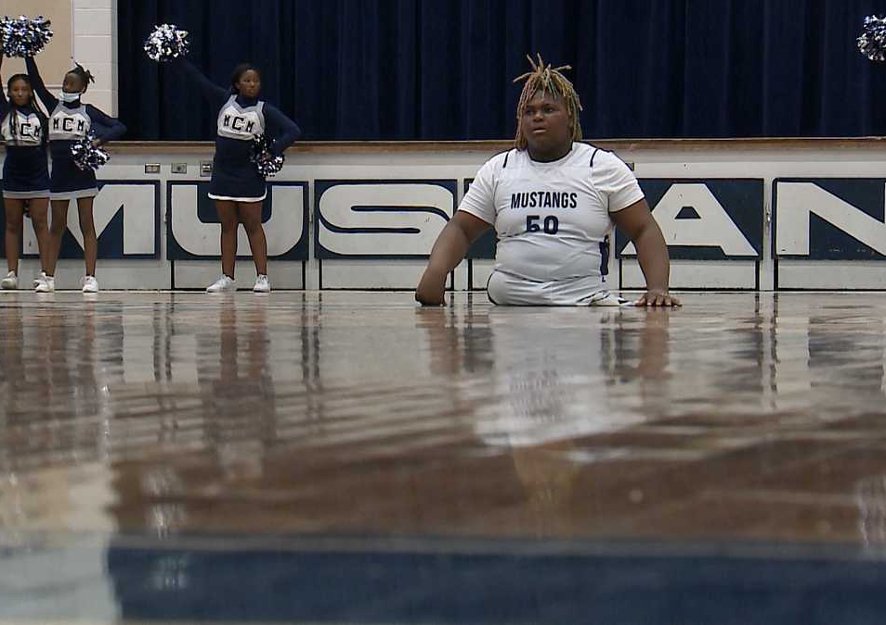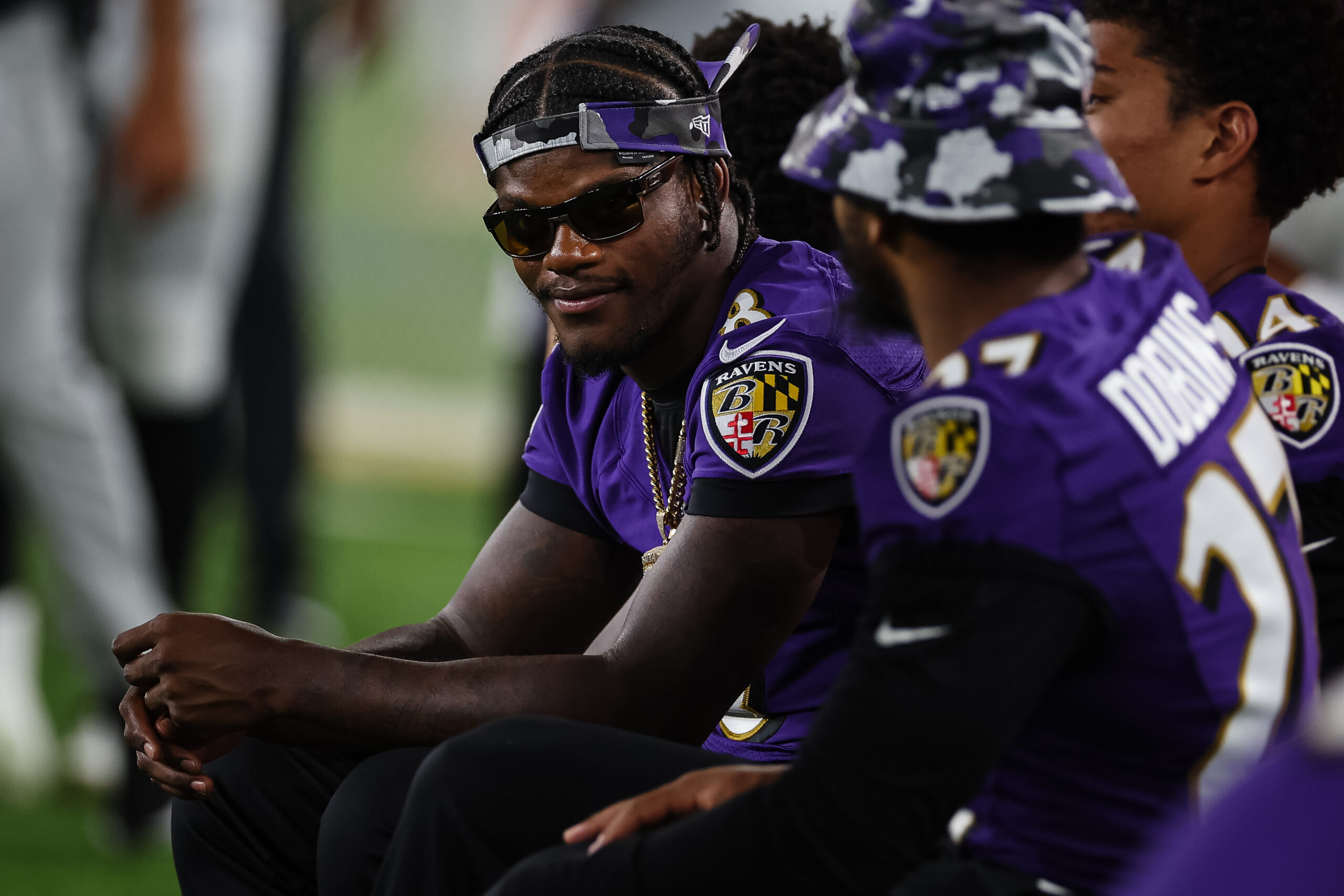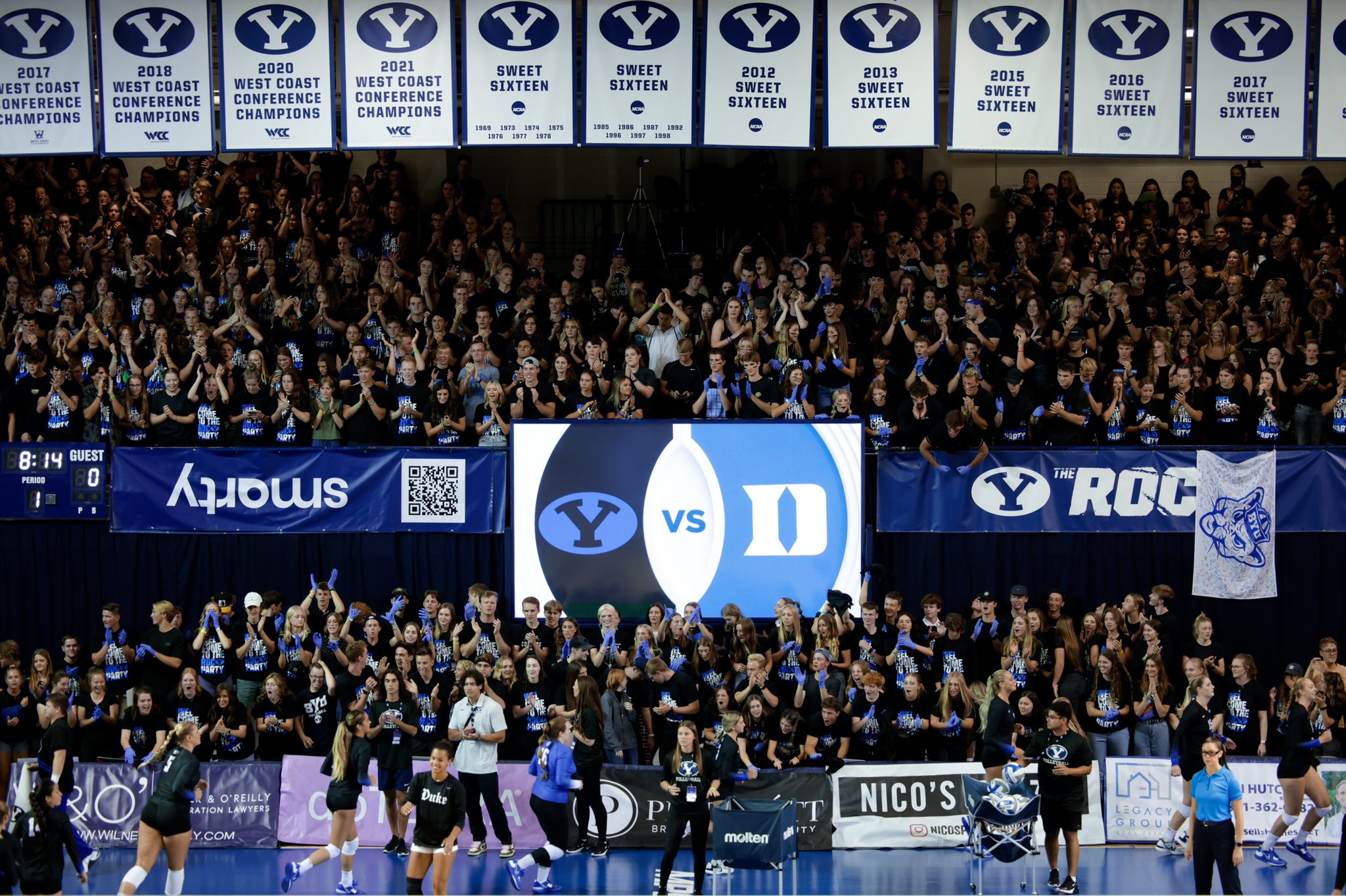In 1986 the college basketball game that we know and love was becoming the entertainment kingpin it is today. The Big East was coming into its own as a power conference and had won the two prior NCAA national basketball championship games with Big John Thompson and the Georgetown Hoyas winning in 1984 and Villanova winning in 1985. The conference had begun to compete favorably with the Big Ten and the ACC as the very best collective of collegiate basketball programs in the nation. The late Jim Valvano’s North Carolina State Wolfpack and North Carolina Tarheels won the big game two years prior in 1982 and ’83 respectively. Meanwhile, the Louisville Cardinals were playing in the now defunct Metro Conference against the University of Cincinnati, Georgia Tech, University of Memphis, Saint Louis University, Florida State and Virginia Tech. Louisville head coach Denny Crum had won another men’s basketball championship in 1980 but this time he brought along a 6’9” freshman by the name of “Never Nervous” Pervis Ellison. He anchored the middle for a gritty and street tough Cardinals team that also included Milt Wagner, Billy Thompson and Herbert Crook.
Head coach Denny Crum was known almost as much for his passion for the game as his quintessentially '80s hairstyle. A young Mike Krzyzewski had already mastered his signature scowl, but had not won an NCAA men’s basketball championship. Prior to his arrival, the Duke men’s basketball team was not a laughing stock and had a rich history but had not won a c'hip. The Blue Devils’ choirboy public image was already in full swing as players like All-American lead guard Johnny Dawkins, point guard Tommy Amaker, Mark Alarie, Jay Bilas and a young Danny Ferry represented the face of the Duke program. As would be the case years later when Duke faced UNLV in 1990 and Michigan’s Fab Five in 1991, racial and cultural difference that existed between the two programs were constantly alluded to and played upon before, during and after the game.
Some fans wanted to make it into a black versus white, rich versus poor, match up. But the guys on the court just wanted to play basketball, and play basketball they did. Dawkins would outscore the Cardinals by himself early on. He had 11 while Louisville had seven points collectively after only two minutes of play. Ellison was hampered with two quick fouls early on as well but coach Denny Crum would eventually begin to exploit Duke's considerable size disadvantage. Though Dawkins would dominate the much-heralded matchup between himself and Camden, New Jersey’s Milt Wagner, his efforts were not enough. Duke was too small and not athletic enough on the wings to win. Two of Duke’s starters would foul out trying keep the Cardinals off the glass while a third, Bilas, would be hampered with four fouls himself. The Cardinals would shoot an amazing 58 percent for the game by pounding the ball inside to Ellison and company. The Blue Devils would only shoot 40 percent from the field.
The final score of 72-69 was perhaps more indicative of the coaching prowess of Mike Krzyzewski and the offensive brilliance of Dawkins than anything else. It actually should have been a blowout. Amaker, who led the ACC in assists that season, would finish the game with 11 points and seven assists. Herbert Crook would chip in 10 points, 12 rebounds and five assists, but Ellison would win the NCAA Most Outstanding Player Award with 25 points and 11 rebounds while shooting 71 percent from the field. If you didn't know, now you know.
Ellison would be drafted by the Sacramento Kings with the first overall pick of the 1989 draft, but would be hampered by a multitude of injuries throughout his career. He would retire in 2000 with the Seattle Supersonics, averaging 9 points and 6 rebounds for his career. His best season was a campaign with the Washington Bullets in which he averaged 20 points, 11 rebounds and nearly three blocks a game in 1992, earning him the NBA's Most Improved Player Award. Never a star, he's forever immortalized by his clutch performance on a Louisville team that made it to the top of the college basketball mountain.



